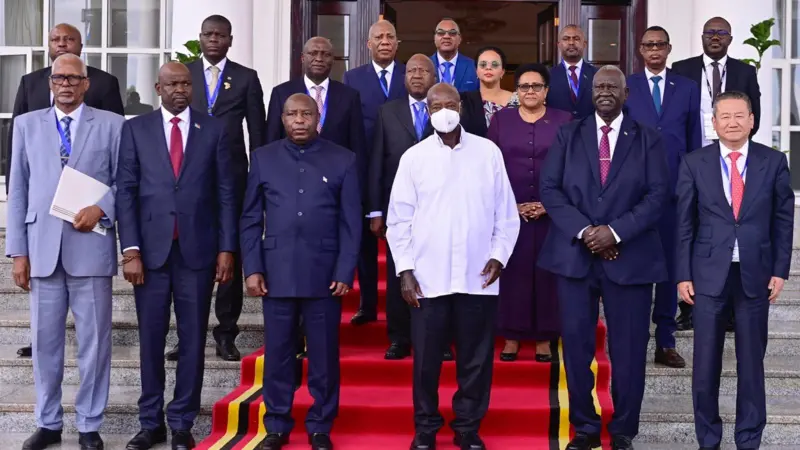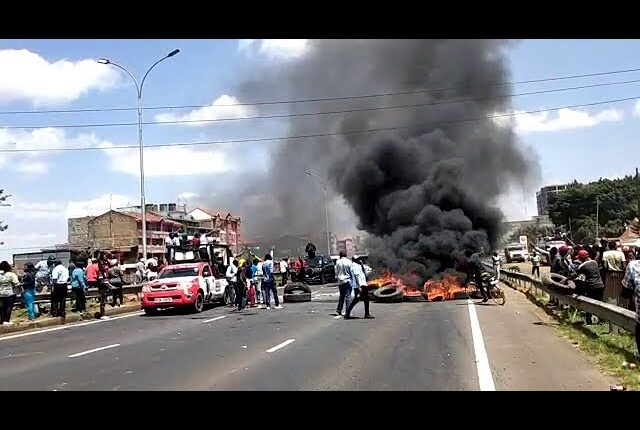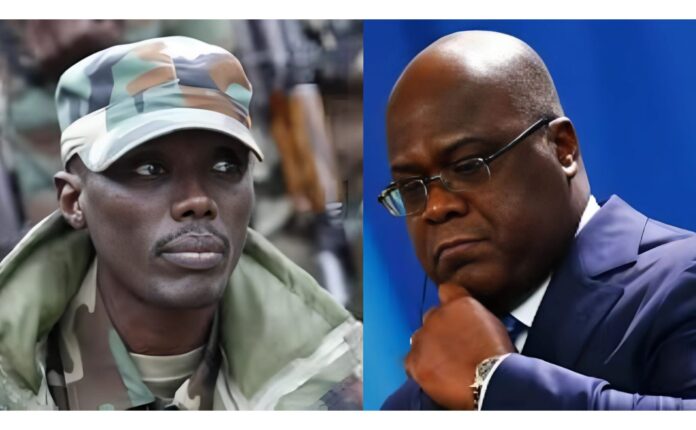Rwanda is among 12 African nations that have publicly opposed the establishment of a parallel administration by the AFC/M23 alliance in territories under their control in eastern Democratic Republic of Congo (DRC).
Note: Company, Blog, Church websites are free.
This stance was formalized during the 12th summit of the Regional Oversight Mechanism of the Peace, Security and Cooperation Framework for the DRC and the Great Lakes Region, held in Entebbe, Uganda, and chaired by President Yoweri Museveni.
The summit’s final communique condemned the seizure of territory and creation of alternative governance structures by the AFC/M23, reaffirming support for the sovereignty of the Congolese government in Kinshasa.
Rwanda, represented by State Minister James Kabarebe, joined 11 other countries, including South Africa, Kenya, Uganda, and Burundi, in signing the resolution.
However, analysts say this joint condemnation overlooks the grievances of local populations in eastern Congo, many of whom support AFC/M23’s rule, viewing it as more responsive to their security and development needs.
In regions under AFC/M23 control, residents reportedly experience greater stability and access to justice, contrasts they say are absent under Kinshasa’s authority.
Though AFC/M23 has not issued an official response, a senior figure within the group told KIVU PRIDE that the resolution won’t affect their operations or territorial control, asserting continued public support and a commitment to defending civilians’ rights.
Rwanda’s endorsement of the resolution surprised many, especially given its alleged backing of AFC/M23.
Some analysts interpret Rwanda’s move as a diplomatic gesture influenced by international pressure, rather than a shift in its underlying position. Notably, Rwanda did not announce any changes in its engagement with AFC/M23 during the summit.
Political analyst Prof. Jason Stearns commented that Rwanda likely maintains covert support for the Alliance, citing ongoing strategic interests in the region.
Meanwhile, former DRC President Joseph Kabila made headlines with a recent visit to Goma, AFC/M23’s stronghold, following his loss of parliamentary immunity amid accusations of collaborating with the group. Kabila criticized the Tshisekedi government as repressive and called for a more inclusive and accountable leadership in the DRC.
Despite regional and international criticism, many civilians in AFC/M23-held areas express satisfaction with the group’s governance. They cite improvements in public safety, administrative organization, and protection against armed groups like the FDLR and Wazalendo militias.
Critics argue that regional peace summits continue to sidestep the root causes of the conflict, ethnic marginalization, historical grievances, and lack of local representation, focusing instead on diplomacy that fails to address the needs of affected communities.
AFC/M23 insists it will continue safeguarding the rights and dignity of the populations under its control, pointing to the strong backing it receives from these communities.



